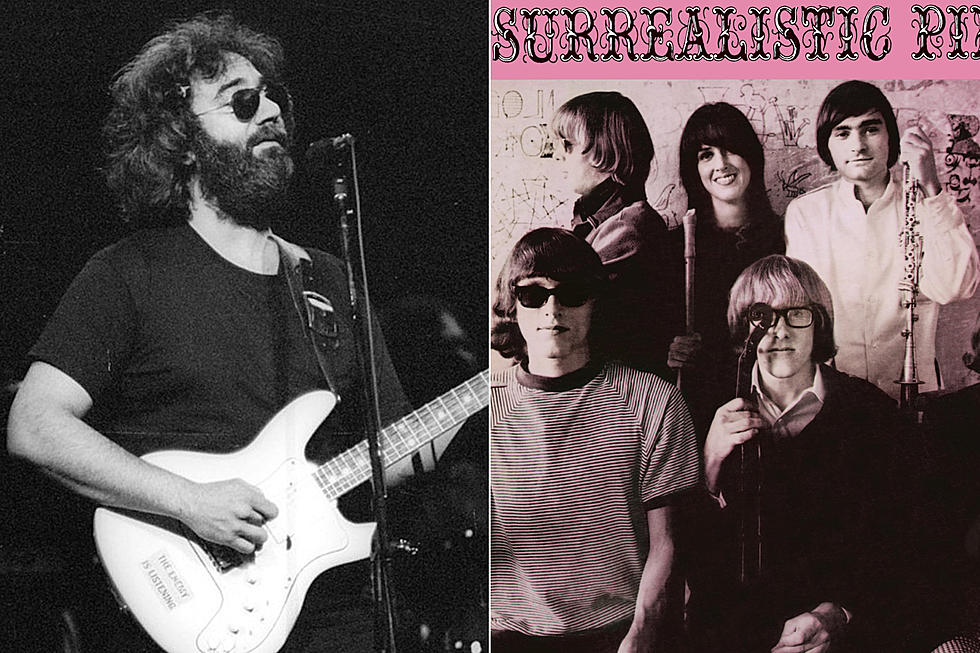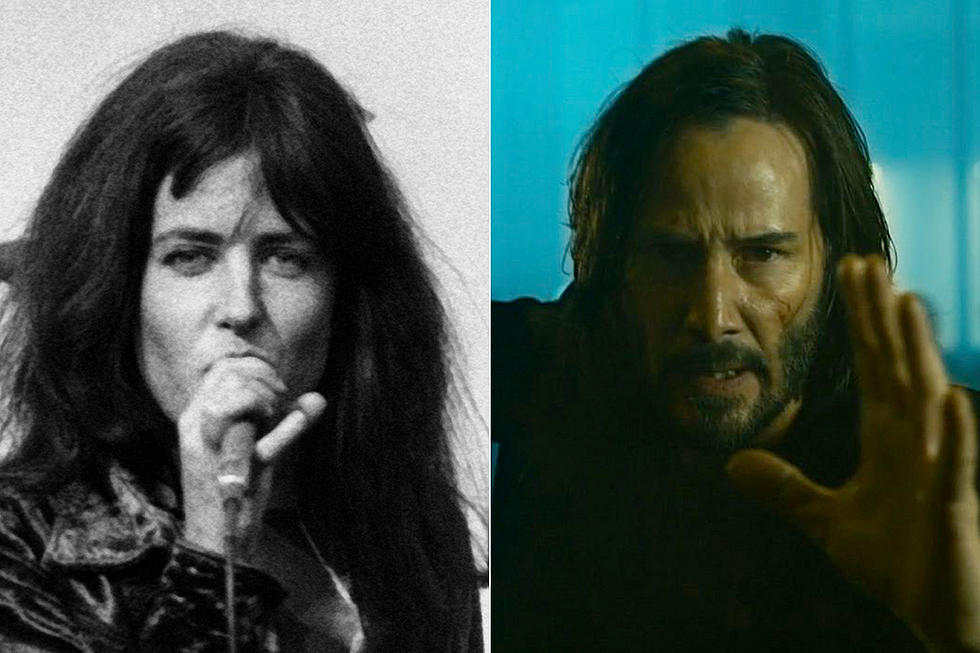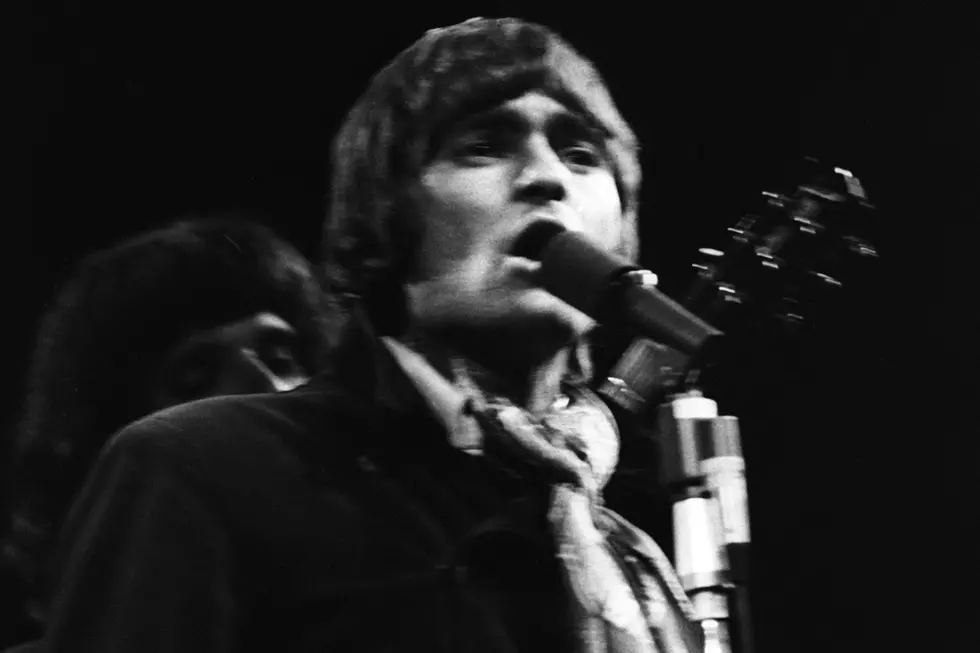
When the Jefferson Airplane Took Off With an Overlooked Debut
The musical revolution ignited by the Beatles in the '60s exploded in many directions. Coast to coast, bands were forming. From the most earnest teenagers to the more savvy young adults, music was a unifying force. New York City had its own flavor, as did Los Angeles, but the city that would ultimately transform the landscape more than any other was San Francisco, with Jefferson Airplane leading the way.
Formed in 1965 by singer Marty Balin and guitarist Paul Kantner, Jefferson Airplane took the fire of the British Invasion and the Byrds' folk-rock jangle, and created their own style. With the addition of lead guitarist Jorma Kaukonen, bassist Jack Casady, singer Signe Toly Anderson and drummer Skip Spence, the Airplane were ready to take flight.
After building a rep in San Francisco throughout the year, the band signed with RCA Records in late 1965 and began work on their debut LP. Though RCA had Elvis Presley at the top of their roster, they had yet to sign a full-fledged rock 'n' roll band.
Sessions began on Dec. 16 in Los Angeles with the songs "Runnin' Round This World" and "It's No Secret," both of which would comprise the band's debut single.
Released in August 1966, Jefferson Airplane Takes Off traces the line from the Beatles to the Byrds to the new sound the Airplane were making. The album opens with the haunting "Blues From an Airplane," which sets the tone for the trip. The vocal blend of Balin, Anderson and Kanter was strikingly original, as was the instrumental interplay between Kantner and Kaukonen.
Listen to Jefferson Airplane Perform 'Blues From an Airplane'
The LP didn't arrive without some controversy: Their label decided some of the lyrics were too much for the public to handle and requested changes to three tracks, "Let Me In," "Run Around" and "Runnin' Round This World," which was relegated to a B-side and contained the phrase "fantastic trips."
"They'd find all this meaning and give it a great deal of importance," Balin said in the book Got a Revolution. "Trips was just a slang word to us, part of the language. They'd sit down with their censors and talk to us and we'd say, 'You guys are crazy!'"
The album spanned the sunshine glow of "Come Up the Years" to the grit and dirt of "Tobacco Road," and the haunting waltz of album closer "And I Like It." Their version of folk rock was a lot different than the L.A. or New York acts who walked similar ground. This was the birth of the San Francisco sound that would captivate so many bands over the next couple years.
A January 1967 cover story on the band in Crawdaddy called Jefferson Airplane Takes Off "the most important album of American rock issued this year." The band was gaining momentum, but within its ranks significant changes were on the horizon. Spence quit the band in March 1966 to form Moby Grape, opening the door for Spencer Dryden. And Anderson gave birth to her first child in May, and left the band in October. Her replacement, Grace Slick, joined the group the night after Anderson's final gig, cementing Jefferson Airplane's definitive lineup.
Still, the record hardly made a blip on the public's radar. It struggled to make it to No. 128 on the Billboard chart, and was forgotten by winter. But within six months, Jefferson Airplane would become one of rock's best bands, altering the course of rock music in the process.
See Jefferson Airplane Among Rock’s Most Underrated Albums
More From 99.1 The Whale










